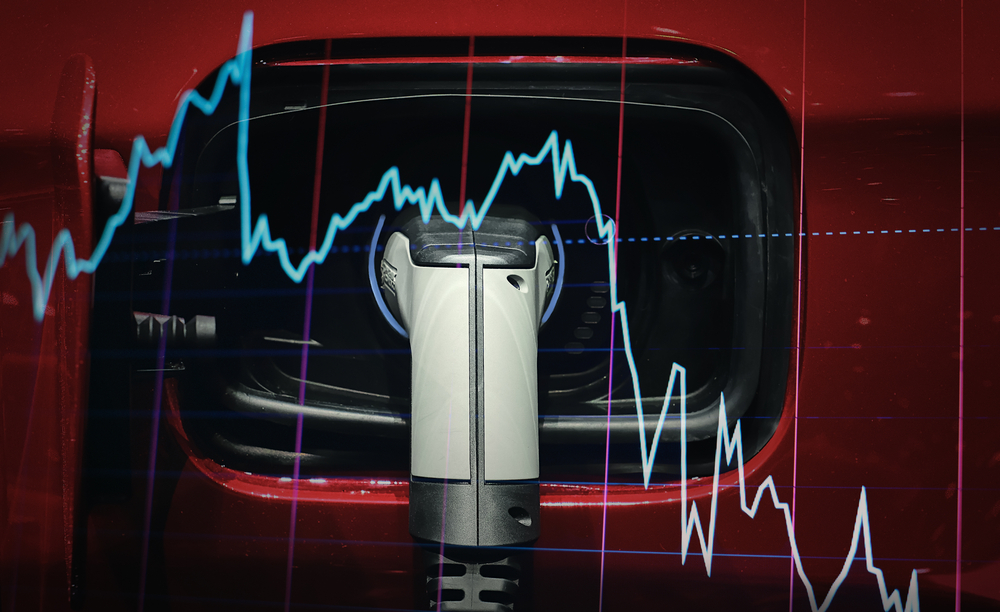When it comes to cars, California has long served as a trendsetter for much of the nation, both in styling and regulation. But has it now become the canary in the coal mine, signaling a warning for the industry?
Following a long, seemingly inexorable climb, registrations of battery-electric vehicles in California fell in the fourth quarter of last year. EV sales have now fallen for two consecutive quarters in the state, even as California regulators set a 2035 deadline for all new auto registrations to consist of zero-emission vehicles.
“When I think about California’s overall adoption, this is just part of this transition. But if we see more quarters like this, it will be indicative of a slowdown,” said Stephanie Valdez Streaty, director of industry insights at Cox Automotive.
California registered 89,993 electric light passenger vehicles in the fourth quarter, a 10 percent decline from the 101,151 in the third quarter, according to data compiled for the California New Car Dealers Association by Experian Automotive. The third quarter represented a small dip from the 102,991 EVs registered in the second quarter of 2023.
To be sure, the EV market is still a substantial portion of California auto sales. EVs accounted for 21.4 percent of the state’s auto sales last year. Plug-in hybrids — cars that can travel 10 to 50 miles on electricity alone — made up 3.4 percent of sales. Combined, vehicles that plug into the wall accounted for a quarter, 24.8 percent, of the market last year. That’s up from 20.1 percent in 2022 and about three times the national share.
Valdez Streaty said she anticipates continued EV sales growth nationally but expects it will be uneven with quarterly ups and downs.






